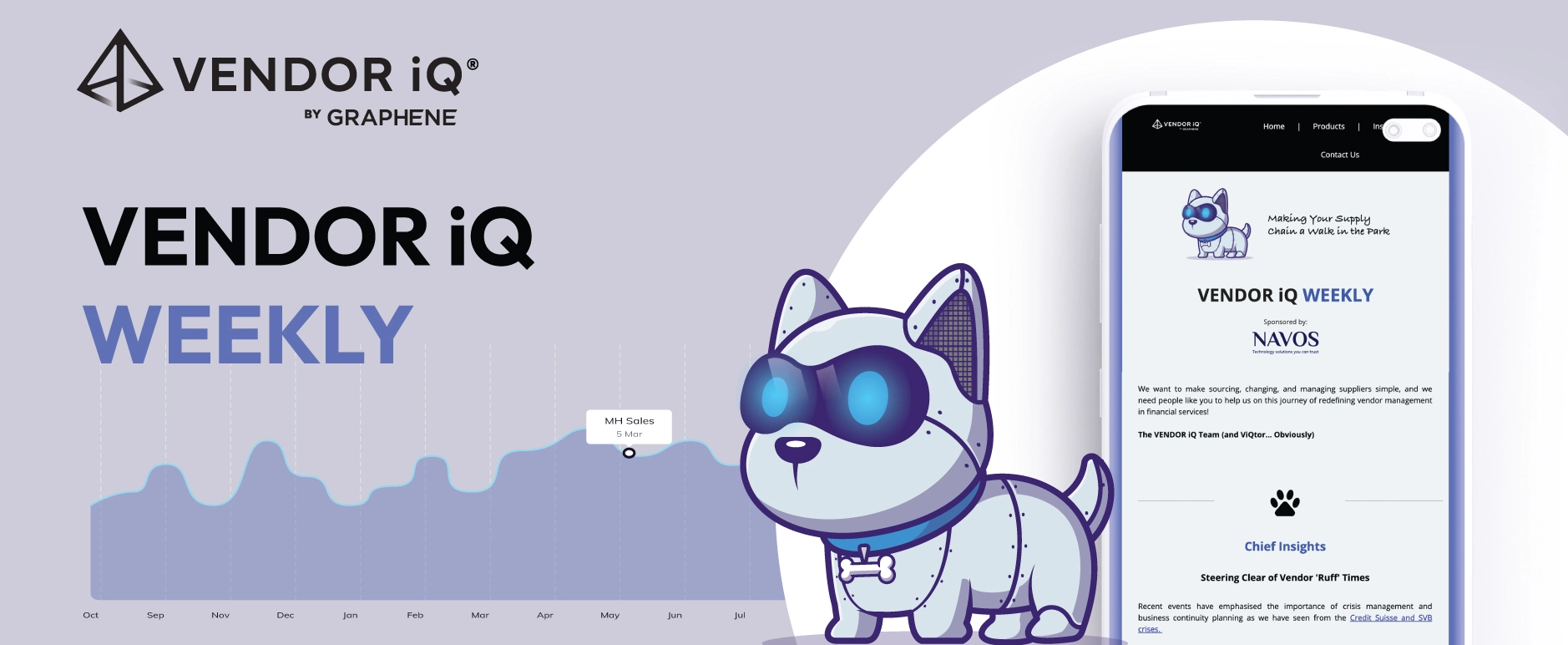How data can transform board decisions through effective analysis and clear presentation, enhancing strategic planning and risk management.
In the contemporary business landscape, the role of company boards is increasingly pivotal, tasked with steering strategy, setting risk appetites, and overseeing business objectives. With recent technological advancements simplifying data collection, storage, and analysis, regulators have rightly stressed the necessity for a more robust utilisation of data in decision-making processes. However, this push has often led to an information overload, clouding rather than clarifying the strategic pathways boards must navigate.
The primary issue lies in the disconnect between the abundance of data collected and its strategic utility to the board. This misalignment breeds what can be described as decision-making paralysis, where boards are inundated with information yet starved of actionable insights. To convert data from a cumbersome obligation to a strategic asset, a purpose-driven approach to data utilisation is essential.
Conclusion
The push towards data-driven governance presents both a challenge and an opportunity for company boards. The challenges lie in the potential for data overload and the misalignment of data with strategic needs. However, the opportunity arises from the potential to harness data in a way that not only informs but transforms board decision-making.
Boards that successfully implement a purpose-driven approach to data utilisation will not only enhance their decision-making capabilities but will also set a strategic vision that is informed, agile, and responsive to the evolving business environment. They will drive their organisations toward resilience and success in an era where data is both a strategic asset and a potential pitfall.
This approach to data utilisation is not merely a compliance exercise; it is a fundamental shift in how boards engage with information and lead their organisations. By refining data strategies to be more aligned with the organisation’s goals, boards can turn data into a powerful tool for governance, strategy formulation, and risk management, ensuring that they not only survive but thrive in the complex landscape of modern corporate governance.





